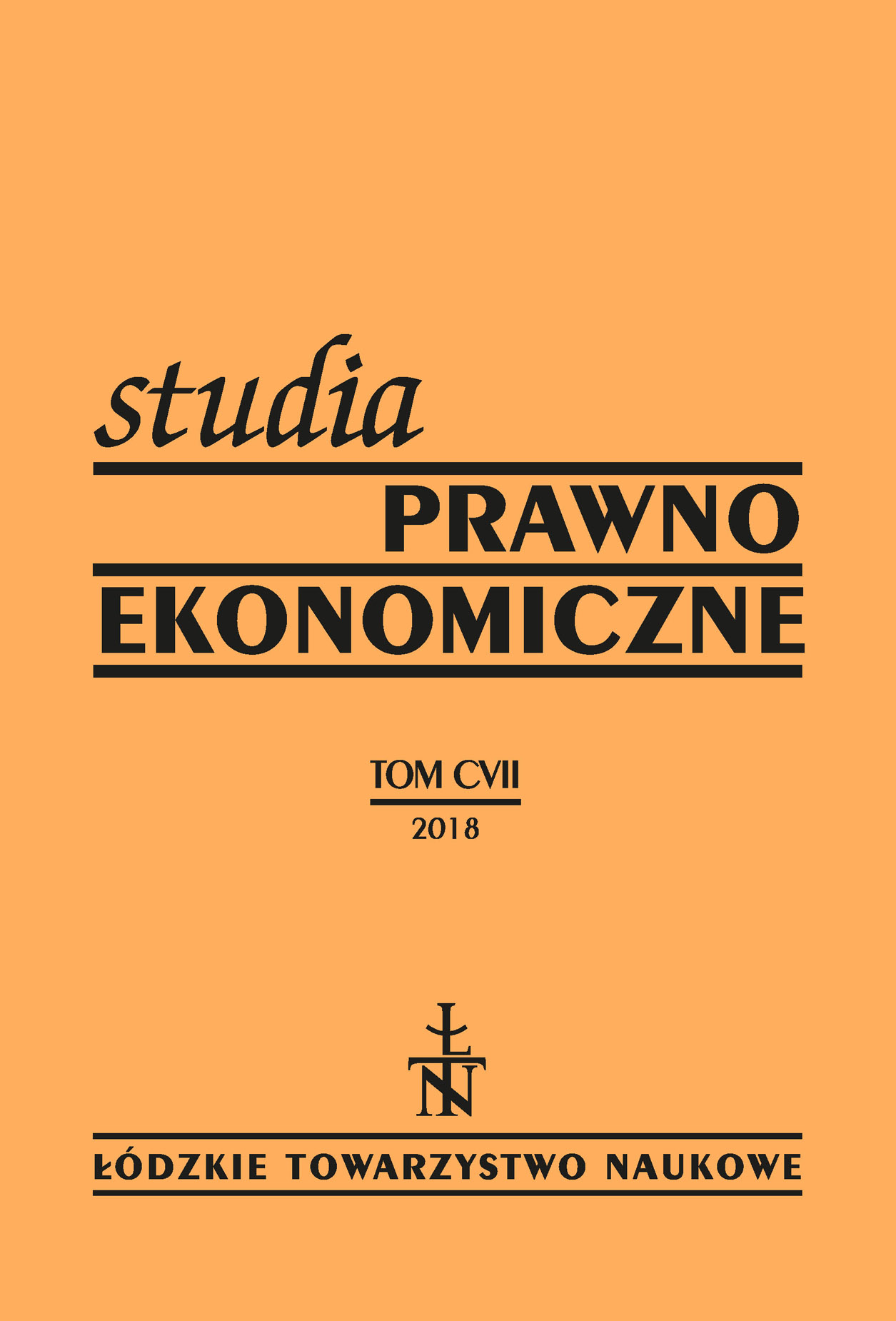Audiatur Utraque Pars in Book X of the Correspondence of Pliny the Younger
DOI:
https://doi.org/10.26485/SPE/2018/107/2Keywords:
Roman law; legal rules; audiatur et altera pars; Pliny the Younger; TrajanAbstract
The correspondence between Pliny the Younger and Emperor Trajan provides fascinating material for research into the genesis of contemporary and modern legal norms. Interestingly, scholars studying the roots of the principle of audiatur et altera pars have so far omitted that source, even though in one of the letters one can find quite a revealing imperial directive, that is, audita utraque parte. The latter is even semantically close to the expressions of later origins, such as audi partem alteram and audiatur et altera pars. Nevertheless, considering the whole content of the correspondence, it is hard to accept the view that at the beginning of the 2nd century AD, the Romans used rules whose meaning would correspond to contemporary legal regulations. What stood in the way of Roman law advancing was the political climate of the principate, together with the “constitutional” omnipotence of the emperor. Thus, while the actions of the rulers and their representatives could be subject to ethical evaluation, they avoided any verification from a legal perspective.







